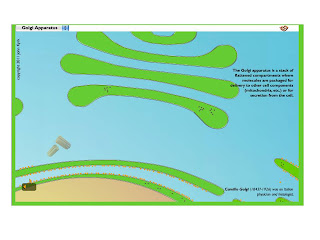Diffusion can occur in liquids, gases and definitely solids.
Think, if you put in a potassium manganate crystal in a beaker of water, what happens to the beaker of water after a day? It turns purple. Why?
Because diffusion has occured. =) Particles in a solid can vibrate and upon contact with the water molecules, they can be displayed from their position.
Now what about osmosis?
Does it have any relation to our everyday life? The answer is Yes.
Think, why is it that the skin of our fingers wrinkle after we have soaked in the bath for too long?
Ans:
Your skin is made up of two layers. The outer layer is called the epidermis and the lower level is the dermis. The outer layer (epidermis) produces an oily substance called sebum. You can see this substance when you touch a window or mirror and your "oily" fingerprint is left there. One job sebum does is it keeps water out of your skin—a job that it does very well. However, after long periods of time in a swimming pool, shower, or bathtub, much of the sebum is washed off and your outer layer of skin starts to absorb water. As it absorbs water it swells, but since the epidermis is "tied" down to your dermis in certain spots, it expands more where it is not "tied" down and this causes your skin to wrinkle. The difference between your skin and a raisin is that raisins wrinkle because they shrink, but your skin wrinkles because it is getting bigger.
Then also think about how NEwater is produced. It makes use of a process called Reverse Osmosis. And how is this process different from normal osmosis?
Click here to get the answer.




